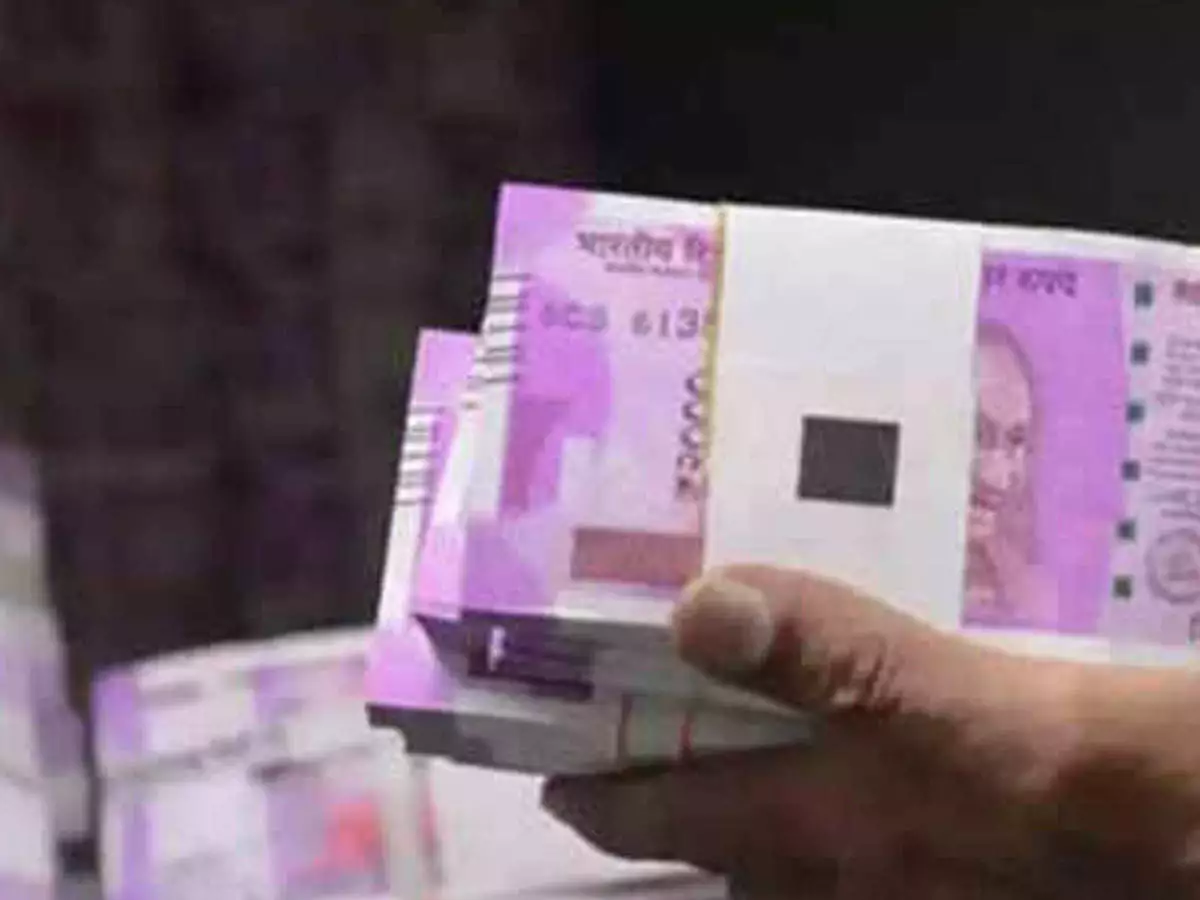The Reserve Bank of India (RBI) on Friday announced it will withdraw Rs 2,000 notes from circulation and people can exchange or deposit them in their bank accounts by September 30.
The RBI’s 19 regional offices and other banks will start taking Rs 2,000 notes for exchange with those of lower denomination from May 23. The Rs 2,000 notes will remain legal tender, the RBI said.
The RBI has ordered all banks to stop issuing Rs 2,000 notes with immediate effect.
The window to exchange Rs 2,000 notes will open on May 23, since the RBI wants to give banks time to make preparatory arrangements.
There is also a cap on the amount of Rs 2,000 bank notes that can be exchanged. People can exchange up to a limit of Rs 20,000 at a time, according to the RBI statement.
It is not necessary for a person to be a customer of the bank to exchange soon-to-be-discontinued currency. A non-account holder can exchange Rs 2,000 banknotes up to a limit of Rs 20,000 at a time at any bank branch.
They can also approach a Business Correspondent (BC), an extended arm of a bank branch who provides financial and banking services in unbanked and underbanked areas. The limit in this case is Rs 4,000 per day.
The RBI has also clarified that people do not have to pay any fee to avail the exchange facility.
Banks have also been instructed to make arrangements to reduce inconvenience for senior citizens and persons with disabilities who wish to exchange or deposit Rs 2,000 currency notes.
“In order to ensure operational convenience and to avoid disruption of regular activities of bank branches, exchange of Rs 2,000 banknotes into banknotes of other denominations can be made up to a limit of Rs 20,000 at a time at any bank starting from May 23, 2023,” the RBI statement said.
The RBI started printing the Rs 2,000 note in November 2016 after Prime Minister Narendra Modi scrapped high-value Rs 1,000 and Rs 500 notes in a surprise move to root out black money.
“The objective of introducing Rs 2,000 banknotes was met once banknotes in other denominations became available in adequate quantities. Therefore, printing of new Rs 2000 banknotes was stopped in 2018- 19,” the RBI said in a statement.
“About 89% of the Rs 2000 denomination banknotes were issued prior to March 2017 and are at the end of their estimated life-span of 4-5 years. The total value of these banknotes in circulation has declined from Rs 6.73 lakh crore at its peak as on March 31, 2018 (37.3% of Notes in Circulation) to Rs 3.62 lakh crore constituting only 10.8% of Notes in Circulation on March 31, 2023. It has also been observed that this denomination is not commonly used for transactions. Further, the stock of banknotes in other denominations continues to be adequate to meet the currency requirement of the public,” the RBI statement added.
In view of the above, and in pursuance of the “Clean Note Policy” of the Reserve Bank of India, it has been decided to withdraw the Rs 2000 denomination banknotes from circulation. The banknotes in Rs 2000 denomination will continue to be legal tender,” RBI’s press release said.




















